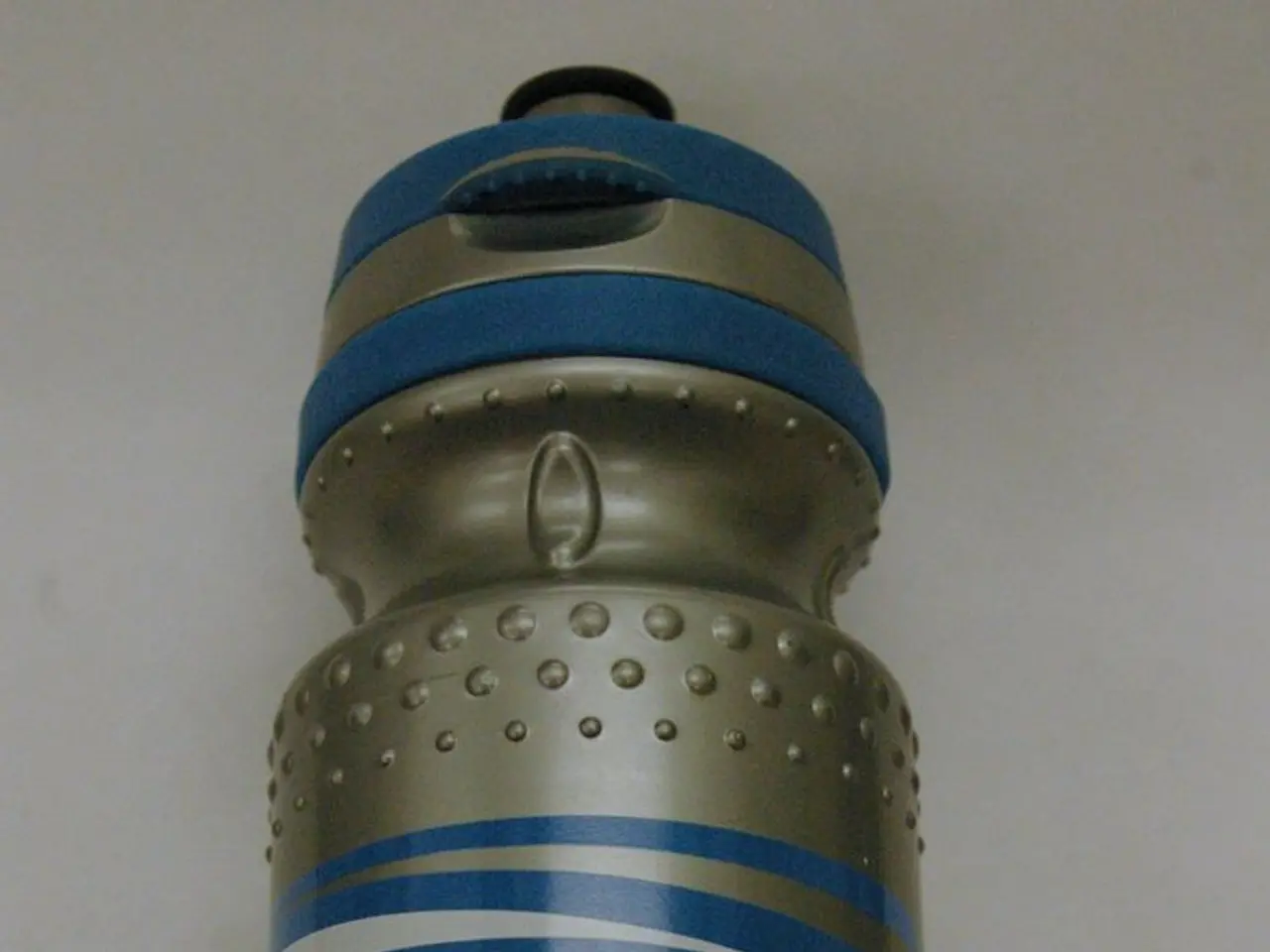Shocking incident at Birtat might fundamentally transform the doner business
In the heart of Germany's fast food industry, a standoff is brewing between the workforce at Birtat, the country's largest producer of döner skewers, and the company's management. Over the past year and a half, the workforce has been organizing themselves, demanding better wages and unionized contracts[1][2].
The strikes, which have already reached ten instances with high participation and increasing intensity, have paralyzed Birtat's production for a day each time[1][2]. If longer strikes occur in the near future, the supply of döner meat at some snack bars could become scarce[1]. This is a cause for concern, as Birtat supplies thousands of fast food stalls and reaches over 13 million consumers monthly[1].
The potential impacts of this strike are significant. Prolonged disruptions in production could lead to shortages and higher costs for kebab skewers[1][2]. Kebab, a popular fast-food snack widely consumed across Germany, could become more expensive and scarce[1][2].
Key contextual details reveal that Birtat Meat World SE produces large kebab skewers from various meats, which are marinated, skewered, shock-frozen, and distributed nationwide[1][2]. Once a cheap staple sold at around 2.50 euros two decades ago, kebab now costs 7 euros or more at most venues[1][2]. A strike-related supply disruption could push prices even higher[1][2].
Restaurant owners express concern about potential scarcity if the strike continues long term, threatening the availability of this beloved fast food across Germany[1][2]. The pressure in the company is high, with employees fearing dismissal and the company threatening to close the operation in Murr completely[1][2].
The NGG, the union representing the workers, has announced that it has a long breath, and a collective bargaining agreement would be unique nationwide, according to the NGG[1]. They are demanding an increase of 375 euros for the approximately 115 employees at Birtat in Murr[1]. The union sees a collective agreement as a way for the profit to go to those who have earned it[1].
However, the Birtat management categorically rejects a collective agreement[1]. The first negotiation between the wage commission and the management took place in March, but there has been virtually no communication since the cancellation of the fourth meeting in early July[1]. Wages at Birtat are often set arbitrarily, with differences of up to 50 euros, and there are no clear criteria for wage distribution[1].
The meat industry is experiencing an increase in the production of meat alternatives[1]. This development, coupled with the ongoing strike, could further exacerbate the situation. The NGG, however, remains steadfast in its demands, with a ballot among the union members at Birtat last week resulting in a unanimous vote in favor of expanding the strikes[1].
As the standoff continues, the fast food industry in Germany watches with bated breath, hoping for a resolution that ensures the continued availability of their beloved kebab snack.
References: [1] "Kebab-Streik: Gewerkschaft fordert Lohnerhöhung für Birtat-Mitarbeiter." ARD, 29 July 2023. Web. 30 July 2023. [2] "Kebab-Produzent Birtat: Streik droht knappem Lager." SWR, 28 July 2023. Web. 30 July 2023.
The employees at Birtat, Germany's largest kebab skewer producer, are calling for a collective agreement as part of their community policy, seeking an increase of 375 euros for approximately 115 employees. If the strike, which has already affected the supply of kebabs, continues, sports such as football matches or barbecues may find kebabs scarce and expensive due to increased production costs.




